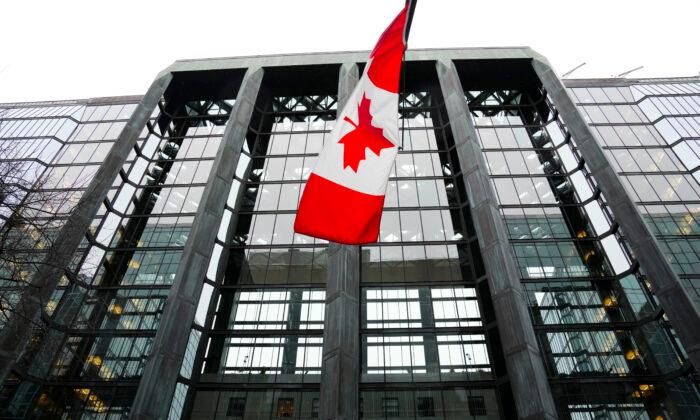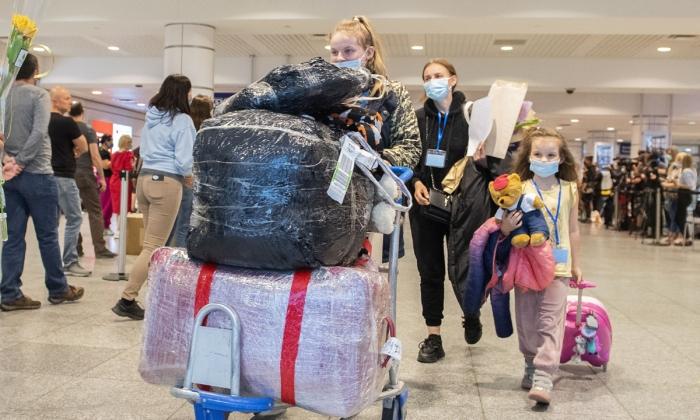Canada’s bank system is safe from widespread failure, but a recession coupled with high unemployment rates remains likely, expert witnesses told the House of Commons standing committee on finance March 23.
Representatives from BMO and Desjardins Group answered MP questions about U.S. banking volatility and whether Canada’s banking system is in any danger.
Canada’s banks have “consistently demonstrated” resiliency in the face of economic turmoil, said Jimmy Jean, vice president and chief economist of the Desjardins Group. He gave the example of the housing market crash of 2008.
The United States has some 7,000 banks compared to only about seven major banks in Canada, Jean said. And the Canadian banks are more tightly regulated, he said.
“I’m not concerned that we might see something like this in Canada,” Jean answered. “However, what’s going on certainly means that the credit is going to be slowing down further.”
Michael Gregory, managing director of BMO Capital Markets, told the committee that the collapse of SVB is still a “major source of uncertainty” for Canadian markets.
Recession and Inflation
Witnesses also addressed the possibility of a recession occurring in Canada this year.Jean said the “conditions are in place” for Canada to enter a recession over the next few quarters and also for the country’s unemployment rate to begin rising steadily.
Canada’s unemployment rate is expected to end the year at almost 7 percent, Jean said, which would be up nearly two percentage points from February.
While the national inflation rate is trending downward, he does not expect it to reach the 2 percent target, “particularly due to persistent inflation in the housing, food and service sectors.”
Gregory, however, said, “As for inflation, we expect the annual changes to be in the 3 percent range by the end of this year down from around 5 percent currently, and well on track 2 percent.”





